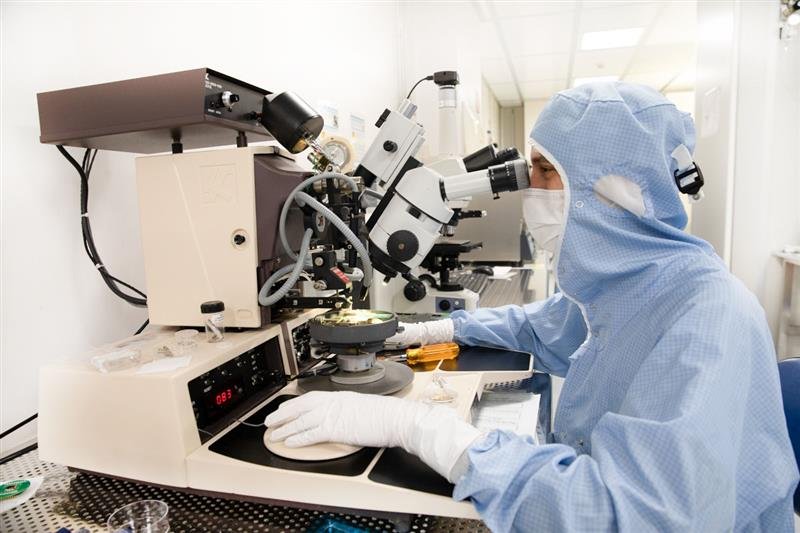
Eligibility
A Bachelor Degree in Computer Science and Engineering, Mathematical Engineering and other related fields. Preference to graduates with a solid background in the core disciplines: computer science, applied mathematics, physics, engineering. A Committee will evaluate students with a different background case by case.
Mission and goals
The main objective of the Study Course is to train graduates able to design, manage and use HPC systems to solve complex problems in different application domains, based on
- advanced programming techniques and parallel algorithms
- mathematical-statistical modelling and advanced numerical simulations
- development of algorithms in the emerging domain of quantum computing
Subjects
Mandatory courses
Parallel Computing, Numerical Linear Algebra, Numerical Methods for Partial Differential Equations, Applied Statistics, Quantum Physics, Software Engineering for HPC, Computing Infrastructures, Advanced Computer Architectures, Artificial Neural Networks and Deep Learning, Systems and Methods for Big and Unstructured Data, Quantum Computing.
Other courses
Distributed Systems, Machine Learning, Computational Statistics, Nonparametric Statistics, Scientific Computing Tools for Advanced Mathematical Modelling, Performance Evaluation and Applications, System Identification and Prediction, Network Computing, Quantum Optics and Information, Quantum Circuits and Devices, Quantum Communication, Multidisciplinary applications of HPC.
Career opportunities
Among the main professional and employment opportunities there are, as example and not exhaustively, companies specialised in information technology or in complex computational problems in various application domains, for which in-depth design studies and advanced simulations are needed, research centers on HPC, and the academy.
High-performance computing has various fields of application in different sectors, including: energy, climatology, computational biomechanics, genomics, medicine, pharmacology and chemistry, finance, seismic imaging, and aerospace.
More info
The following information relate to the current academic year for your reference





